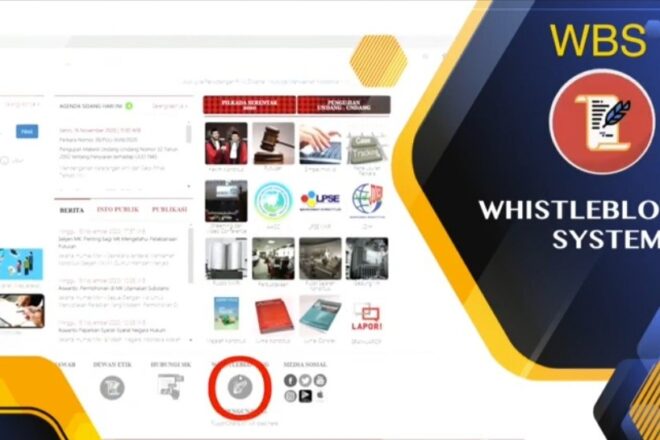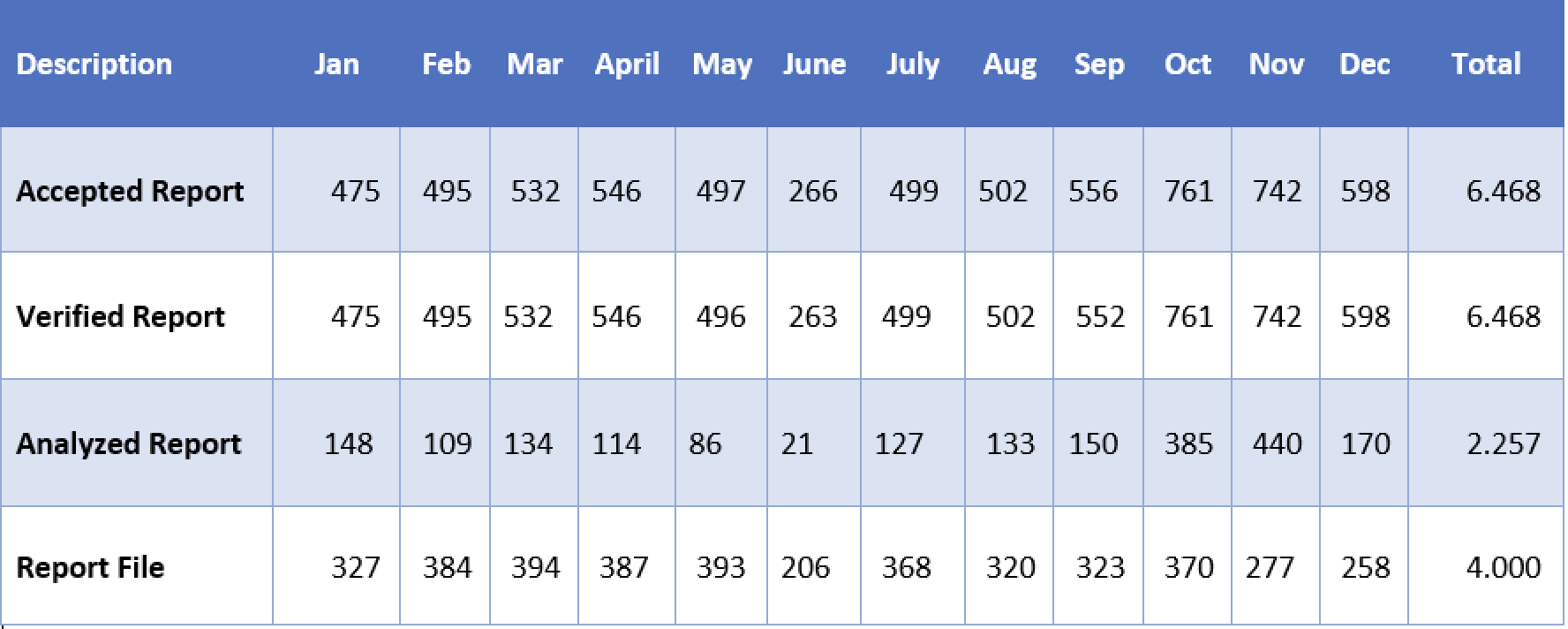Citizen Participation in Corruption Eradication From An Audit Perspective

Author: Andi Siti Chadidjah B, Internal Auditor of the Constitutional Court of Indonesia
Forensic Audits: A Background
In Indonesia, a forensic audit is an inspection activity that focuses on identifying responsibility for inefficiency or abuse of authority. These audits have a specific scope and time period, and may result in recommendations to follow-up on found authority breaches, if any. The purpose of a forensic audit is to identify further findings to investigate a public complaint report submission or to identify further findings and verify information from preliminary or prior investigative audits. The public plays a significant role in forensic audits by calling attention to issues of concern, providing information, and submitting it into a complaint submission system.
While investigative audit procedures and techniques refer to auditing standards, forensic audits have a wider range, a more extensive authority, and are often adapted to the circumstances at hand. In planning and carrying out a forensic audit, auditors use their professional skills and applies the principle that presumes innocence unless otherwise found to be responsible for inefficiencies or abuse of authority. A forensic audit team can be formed if the source of information has submitted sufficient evidence supporting the claims through the public complaint report. The team that carries out the forensic audit should be by the team or at least one of the auditors who have developed the preliminary findings of the previous audit. The forensic audit report will stipulate the public officials and/or civil servants that are involved or responsible, and is signed by the head of the audit unit agency.
Public Complaints and Participation in Audits
The Corruption Eradication Commission (KPK) is the national Indonesian agency established to prevent and fight corruption. The KPK, an independent state institution, was formed and mandated to eradicate corruption from existing institutions, and to encourage and act as a stimulus for corruption eradication efforts in existing institutions to increase effectiveness and efficiency. In Indonesia, within the framework of the public sector, forensic audit is conducted and limited to three current institutions, one of which is the KPK. The KPK coordinates with and supervises institutions authorized to combat acts of corruption. It also conducts investigations and prosecutes acts of corruption in cases that: involve law enforcement, state officials, and those connected with those groups; generate significant public concern, and/or; lost the state at least IDR 1,000,000,000 (USD 100,000).
The success of the KPK is the result of public participation and concern in reporting potential corruption cases. Public complaints can serve as a form of external supervision and civil society participation in audits. Subjects of public claims or complaints include: service performance; allegations of general crimes; allegations of corruption, collusion, and nepotism; problems with the potential to cause social and environmental vulnerabilities; deviations that cause state financial losses, and; allegations of abuse of authority.
The community participation helps provide the KPK with access to information or reports of alleged corruption crimes that occur in the public society. Public submissions of valid information accompanied by strong supporting evidence greatly assist the KPK in resolving corruption cases. The KPK uses the information to investigate corruption calls from citizen participation, particularly in reports of corruption crime allegation. The general public or public society can submit complaints to the Corruption Eradication Commission by postal mail, in person, telephone call, facsimile, text message, or an online complaint system application. The follow-up action may depend on the quality of the submitted report.
Cases of corruption that occur on a national scale are a raising public concern and awareness. Based on the table below, this growing concern has resulted in a significant number of complaints received through a public complaint report submission, and reflects public demand of transparency and accountability.
2018 Corruption Eradication Commission (KPK) Reports on Public Complaint Handling

Source: KPK public complaint reports, 2018.
As a public office, national institutions such as the KPK have an obligation to process and follow up with complaints received from the public community. Through the proper mechanisms and implementation of integrity, transparency and accountability principles, the KPK, along with other oversight institutions, contribute to eradicating corruption in the public sector. These institutions continue to pursue Indonesia’s goal of achieving public welfare and prosperity for the country and returning sovereignty into the hands of the people.





